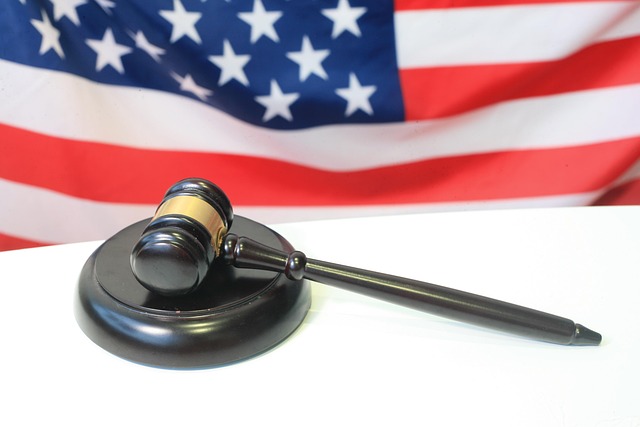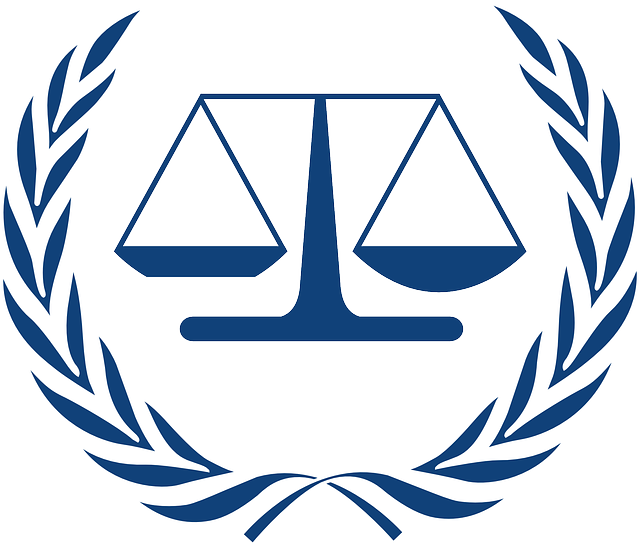Finance crime probes are thorough investigations by legal authorities targeting financial misdeeds, from tax evasion to white-collar crimes like fraud and money laundering. Understanding these probes is crucial for individuals pursuing personal injury claims without legal representation, as they can sway the outcome significantly. Authorities use data analytics and forensic accounting to detect illegal activities or hidden assets. Maintaining transparent financial records and adhering to legal guidelines are proactive measures to avoid indictment. Navigating a personal injury claim without a lawyer requires gathering evidence, organizing documents, and adhering to legal guidelines throughout the process. Forensic auditors play a vital role in detecting fraud within these claims, ensuring fairness and safeguarding the integrity of the system. Protecting yourself from financial crimes involves securing personal information, verifying data requests, and reporting suspicious activities immediately.
“Unraveling Finance Crime Probes: Your Comprehensive Guide. From understanding the intricate mechanisms behind financial investigations to navigating complex personal injury claims without legal assistance, this article offers a holistic view. We explore prevalent scams, the pivotal role of forensic auditors in exposing fraud, and essential tips for self-protection. Learn how to recognize red flags and report financial crimes effectively. Discover your rights and responsibilities, especially when pursuing personal injury claims independently.”
- Understanding Finance Crime Probes: A Comprehensive Overview
- Personal Injury Claims: Navigating the Process Without Legal Representation
- Common Scams and Schemes in Financial Crime Investigations
- The Role of Forensic Auditors in Uncovering Fraud
- Protecting Yourself: Tips for Avoiding and Reporting Financial Crimes
Understanding Finance Crime Probes: A Comprehensive Overview
Finance crime probes are comprehensive investigations conducted by legal authorities to uncover and prosecute various financial misconducts. These probes can range from simple tax evasion to complex white collar and economic crimes, such as fraud, money laundering, and embezzlement. Understanding finance crime probes is crucial for individuals facing personal injury claims without a lawyer, as it can significantly impact the outcome of their cases.
When authorities initiate a finance crime probe, they meticulously examine financial records, transaction histories, and other relevant documents to identify any anomalies or illegal activities. This process often involves advanced data analytics and forensic accounting techniques to uncover hidden assets or transactions. A complete dismissal of all charges is possible if the investigation finds no evidence of wrongdoing, which can be especially beneficial for those seeking compensation through a personal injury claim without legal representation. However, avoiding indictment requires proactive measures to maintain transparent financial records and adhere to legal guidelines.
Personal Injury Claims: Navigating the Process Without Legal Representation
Navigating a personal injury claim without legal representation can seem daunting, but understanding the process is within reach. The first step involves gathering all relevant information and evidence related to your accident and subsequent injuries. This includes medical records, police reports, photographs of the incident site, and any other documents that support your case. Organising these materials systematically will prove invaluable throughout the claim process.
Once prepared, the claimant must identify and communicate with their respective business’s insurance company to initiate the claim. It is crucial to remain diligent in documenting all interactions and keeping records of every communication, as this documentation could play a significant role in any subsequent legal actions or all stages of the investigative and enforcement process. The goal is to present a strong, well-supported case while avoiding indictment by ensuring transparency and adherence to legal guidelines throughout the claim process.
Common Scams and Schemes in Financial Crime Investigations
In financial crime investigations, common scams and schemes often involve sophisticated tactics designed to deceive individuals or institutions for financial gain. One prevalent example is the manipulation of investments, where fraudulent actors lure victims with promises of high returns, only to disappear with their money once the scheme is uncovered. Another widely seen scam is the impersonation of legitimate organizations, such as insurance companies or legal firms, in order to trick people into disclosing sensitive information or paying false claims, like a personal injury claim without a lawyer, for excessive settlements.
These investigations often require meticulous documentation and analysis of financial transactions to uncover hidden patterns and connections. Achieving extraordinary results in high-stakes cases, such as avoiding indictment, demands a deep understanding of complex legal frameworks and financial instruments. The goal is not just to expose the criminals but also to prevent future instances of these fraudulent activities, ensuring the integrity of financial systems and protecting unsuspecting individuals from becoming victims.
The Role of Forensic Auditors in Uncovering Fraud
Forensic auditors play a pivotal role in uncovering fraud within personal injury claims processes, especially when clients opt for a Personal Injury Claim Without a Lawyer. They bring a meticulous and specialized approach to investigate complex financial matters, ensuring every detail is scrutinized. These experts have a deep understanding of accounting principles and legal frameworks, enabling them to navigate the intricate landscape of financial records.
By employing advanced audit techniques, they can detect anomalies in personal injury claim filings, including incorrect documentation, inflated expenses, or suspicious discrepancies. Their work helps maintain integrity within the system, ensuring that corporate and individual clients are treated fairly. Forensic auditors contribute at all stages of the investigative and enforcement process, providing crucial insights that may lead to a complete dismissal of all charges if malfeasance is uncovered.
Protecting Yourself: Tips for Avoiding and Reporting Financial Crimes
Protecting yourself from financial crimes is paramount in today’s digital age. Here are some essential tips to help avoid and report these illicit activities. Firstly, stay vigilant with your personal information. Be cautious about sharing sensitive details online or over the phone, as identity theft is a common method used by criminals. Always verify the legitimacy of requests for private data, especially from unknown sources.
If you suspect a financial crime, report it immediately to the appropriate authorities. Documenting transactions and keeping records can serve as valuable evidence in high-stakes cases. Remember, an unprecedented track record of success in general criminal defense means experienced professionals are equipped to navigate complex situations and protect your rights, even when pursuing a personal injury claim without a lawyer.
In conclusion, finance crime probes are a complex yet essential aspect of maintaining integrity within the financial sector. By understanding various schemes, from personal injury claims to sophisticated frauds, individuals and professionals can better equip themselves to avoid and report such activities. The role of forensic auditors is pivotal in uncovering these crimes, while practical tips for protecting oneself serve as a robust defense against financial scams. For those navigating personal injury claims without legal representation, this article provides a comprehensive guide, empowering folks to exercise their rights and ensure fair outcomes.






